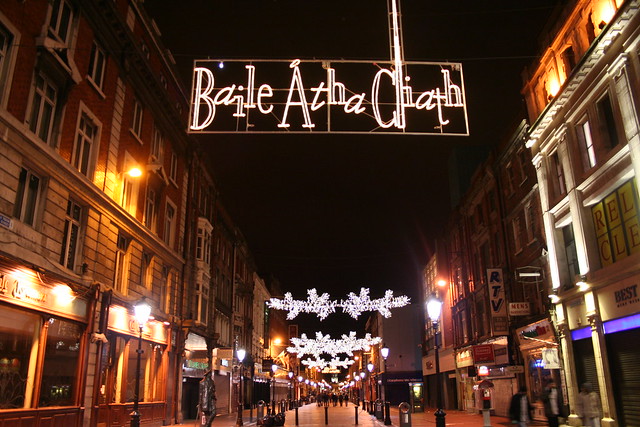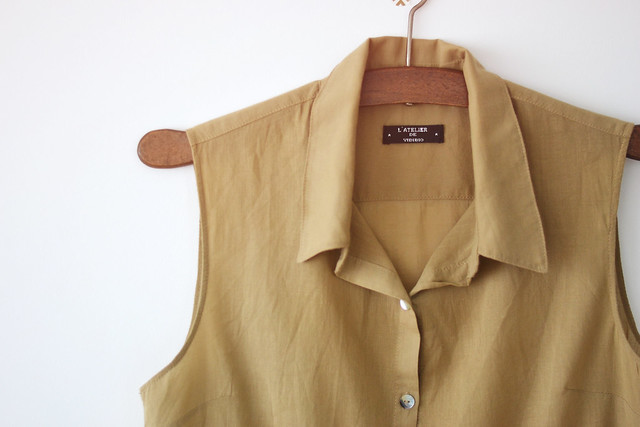Podcast: Play in new window | Download
In this episode we’re looking into words for hurdle and related things.
The Proto-Celtic word *klētā means palisade or hurdle, and comes from the Proto-Indo-European *ḱley- (to lean) [Source].
Related words in the modern Celtic language include:
- cliath [klʲiə] = wattled, latticed, frame, hurdle, phalanx, staff or a (musical) stave in Irish. Also found in Baile Átha Cliath, the Irish name for Dublin.
- cliath [kliə] = grid, lattice, grate, grating, shoal (of fish), hurdle, harrow, stockade, or (musical) stave in Scottish Gaelic
- cleeah = lattice, wicker, fret, darn, stave, staff, grid, stretcher, grate, grating, criss-cross or school of fish in Manx
- clwyd [kluːɨ̯d] = movable hurdle, wattle, lattice, rack, crate, gate, door; protection, cover or defence in Welsh
- kloos = fence or rack in Cornish
- kloued = fence, barrier, gate, railings, grating or grid in Breton
Words from the same Proto-Celtic root, via Gaulish and Latin, include claie (wicker rack, trellis, hurdle) in French and cheda (wattled laterals at the base of a traditional cart) in Galician [source].
Words from the same PIE root include client, climate, clinic, incline and lean in English, leunen (to lean) in Dutch, lehnen (to lean) in German, chinàre (to bend) in Italian, and clemente (lenient) in Spanish [source], clé (left) and cleith (pole, cudgel, wattle) in Irish, cledd (left hand/side) in Welsh and related words in Celtic languages [more details].
You can be find more details of words for Hurdle Fences in Celtic languages on the Celtiadur, a blog where I explore connections between Celtic languages in more depth. I also write about words, etymology and other language-related topics on the Omniglot Blog.











